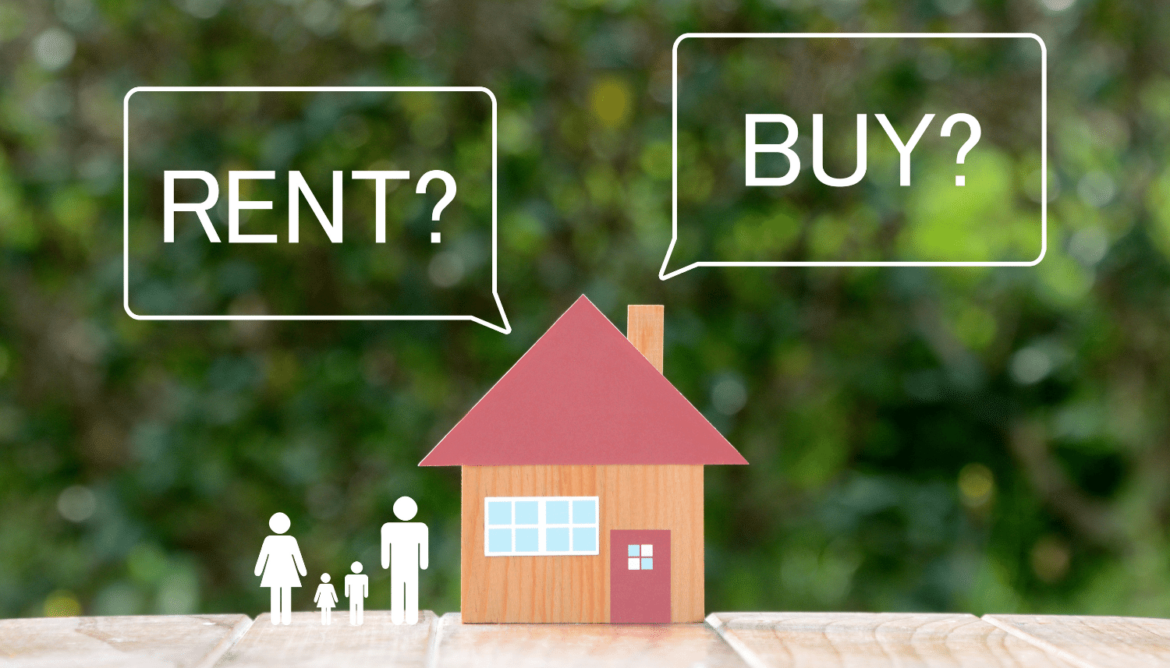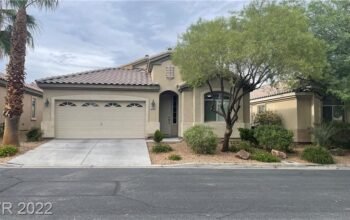Las Vegas is known for its vibrant lifestyle, entertainment, and booming real estate market. Whether you are moving to the city for work, retirement, or investment, deciding between renting and buying a home is a significant financial and lifestyle choice. Understanding the pros and cons of each option can help you make the best decision based on your budget, goals, and future plans.
Pros and Cons of Renting in Las Vegas
Advantages of Renting
One of the biggest advantages of renting a home in Las Vegas is the lower upfront cost. Renters do not have to worry about a large down payment, property taxes, or closing costs. This makes it an attractive option for individuals who want financial flexibility.
Another key benefit is mobility. Renting allows you to relocate easily without the long-term commitment of homeownership. If you need to move for work or personal reasons, breaking a lease is often easier than selling a property.
Additionally, renters do not have to handle maintenance and repairs. The landlord or property management company is responsible for fixing issues, which saves renters time and money.
Disadvantages of Renting
Renting also comes with some downsides. The biggest disadvantage is that you are not building equity. Monthly rent payments go to the landlord instead of contributing to property ownership.
Rent prices can also increase over time, making it difficult to predict long-term housing costs. Unlike a fixed-rate mortgage, rent is subject to market changes and landlord decisions.
Lastly, rental properties come with restrictions. Many landlords do not allow major customizations or renovations, limiting your ability to personalize your living space.
Pros and Cons of Buying in Las Vegas
Advantages of Buying
One of the main advantages of buying a home in Las Vegas is the opportunity to build equity. As you pay off your mortgage, you gain ownership of an asset that can appreciate over time.
Owning a home also provides financial stability. With a fixed-rate mortgage, your monthly payments remain consistent, unlike rent, which can increase. This predictability can make budgeting easier.
Homeownership also allows you to customize your property as you wish. You can renovate, paint, and make changes without needing approval from a landlord.
Disadvantages of Buying
Buying a home requires a significant upfront investment. A down payment, closing costs, and ongoing maintenance expenses can make homeownership more expensive than renting in the short term.
Another risk is market fluctuations. The value of real estate can rise or fall, impacting your investment. If you plan to sell in the future, market conditions may affect your profitability.
Homeowners are also responsible for repairs and maintenance. Unlike renting, where landlords handle these expenses, homeowners must budget for unexpected costs such as roof repairs, plumbing issues, or appliance replacements.
Financial Factors to Consider
Mortgage Rates and Interest Rates
Mortgage rates play a crucial role in home affordability. Lower interest rates make buying more attractive, while higher rates increase monthly payments. It is essential to research current mortgage trends before making a decision.
Cost of Living in Las Vegas
The overall cost of living in Las Vegas can influence whether renting or buying is the better option. Factors such as property taxes, utility costs, and homeowner association (HOA) fees should be considered when budgeting for a home purchase.
Lifestyle Considerations
Job Stability and Future Plans
Your career stability and long-term goals should guide your housing decision. If you have a stable job and plan to stay in Las Vegas for many years, buying may be a smart investment. However, if your job requires frequent moves or you are uncertain about your future in the city, renting offers more flexibility.
Family and Space Requirements
Families with children often prioritize homeownership for stability and space. Buying a home can provide more room, a backyard, and proximity to preferred schools. On the other hand, young professionals or individuals who prefer urban living may find renting a better fit.
Conclusion
Deciding whether to rent or buy in Las Vegas depends on financial readiness, lifestyle preferences, and long-term goals. Renting offers flexibility and lower upfront costs, while buying provides stability and equity growth. Evaluating your budget, job security, and future plans can help you make the best choice for your needs.


